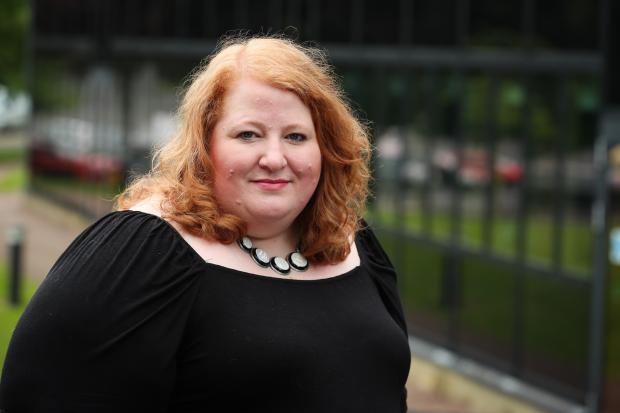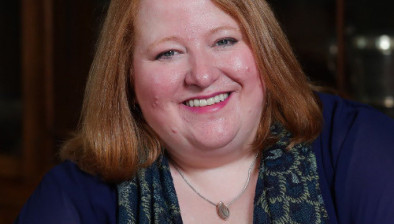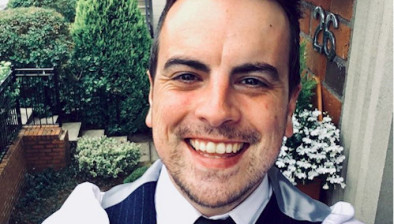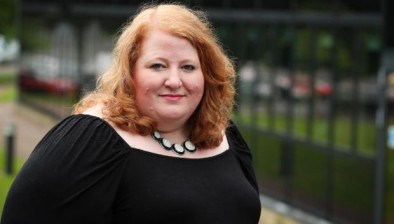Consultation seeks views on Northern Ireland’s age of criminal responsibility

Naomi Long
A public consultation has been launched to seek views on increasing the minimum age of criminal responsibility (MACR) in Northern Ireland, which is currently just 10 years of age.
The MACR is the age from which a child can be held criminally responsible for their actions, and can subsequently face the full criminal justice process including arrest, prosecution, trial and sentencing.
The consultation, running until 23 December 2022, will ask the public to make a choice between maintaining the current MACR, which is 10, or increasing it to allow Northern Ireland to meet international children’s standards.
Launching the consultation, justice minister Naomi Long said: “I do not believe that criminalising children as young as 10 is in their best interests, and this view is shared by many.
“That is why, when I published the Strategic Framework for Youth Justice earlier this year, I committed to consulting the public on the issue, with the aim of increasing the minimum age of criminal responsibility in Northern Ireland.”
She added: “I know that the subject is an emotive and often controversial one, and divides opinion. However, our MACR is currently the lowest in Europe and substantially lower than 14 years, which the UN Committee on the Rights of the Child considers to be the very youngest age that a child should be held criminally liable.
“That is why I have long advocated for an increase in MACR, because I believe such young children should not be drawn into the youth justice system, particularly when research shows that early contact with the justice system often has a negative long-term impact on their lives.”
In an interview with Irish Legal News in April, Mrs Long spoke of her hope that other parties’ opposition to the reform would soften outside of an election campaign context.
The minister added: “In supporting an increase in MACR, I still believe that children should take responsibility for their actions. However, it is in their best interests, as well as those of victims and communities, if we work with these children to find the root cause of their behaviour and provide the support they require to turn their lives around.”









